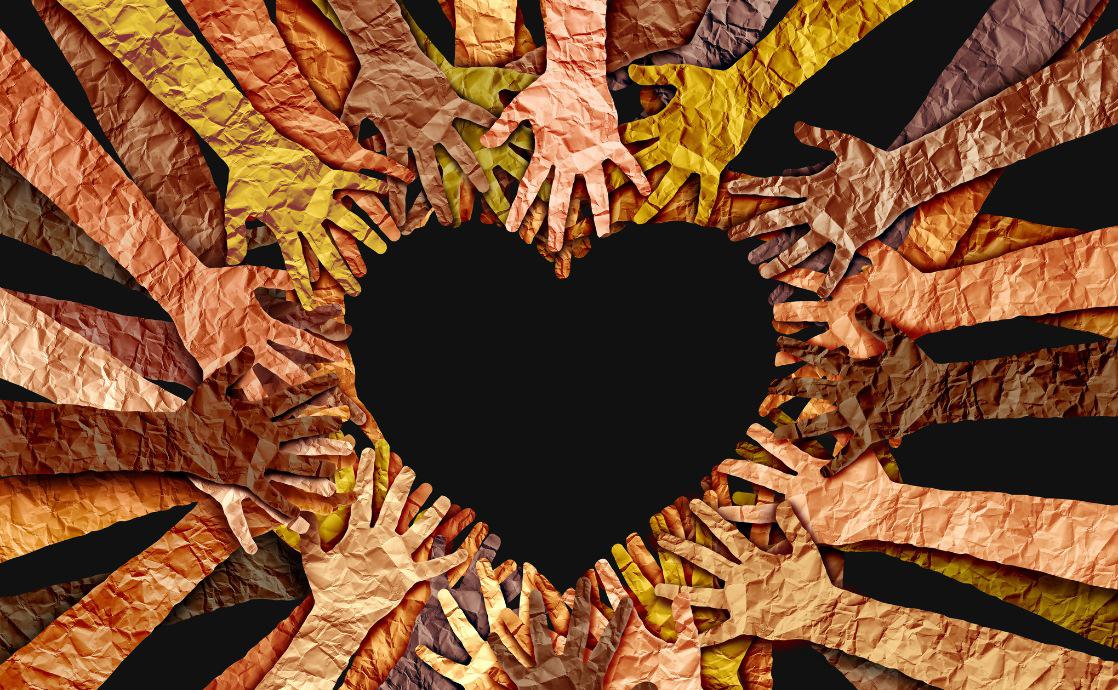As humanity traverses the complexities of an increasingly interconnected world, the question of diversity often arises: How can we recognize and celebrate our differences while fostering unity? The Baháʼí teachings provide a profound framework for understanding diversity, distinguishing itself through principled inclusivity and an emphasis on the oneness of mankind.
To delve into the Baháʼí perspective on diversity, it is essential to begin with a fundamental tenet: the oneness of humanity. This concept posits that all individuals, irrespective of race, nationality, or social status, are part of a single human family. By acknowledging this fundamental unity, Baháʼí teachings encourage a re-examination of how diversity is perceived in various contexts, challenging ingrained prejudices and biases that often lead to division.
One of the pivotal characteristics of the Baháʼí approach to diversity is its celebration of cultural differences. The Baháʼí teachings advocate that each culture contributes uniquely to the collective bounty of human civilization. This is not merely an acknowledgment of superficial attributes like language and customs, but a profound appreciation for the distinct worldview each culture embodies. This plurality of perspectives can enrich human understanding and promote cooperative engagement across cultural lines.
The challenge, however, lies in the tendency of individuals and societies to cling to cultural superiority. Given the plethora of histories and experiences that shape distinct groups, it is easy to fall into the trap of ethnocentrism, where one’s own culture is placed on a pedestal while others are viewed through a lens of skepticism or condescension. Baháʼí writings assert that such attitudes are antithetical to the spirit of unity and must be consciously dismantled through education, dialogue, and reflection.
Moreover, the Baháʼí teachings emphasize the importance of equity in serving diverse communities. This transcends mere tolerance; it invites individuals to actively engage with the myriad differences present in society, fostering environments where all voices are heard. Such engagement is not a passive acceptance but an active and oftentimes transformative process. Baháʼí principles advocate for systems that not only accommodate diversity but are enriched by it, leading to a more robust social framework capable of addressing the multifarious challenges facing humanity.
Another salient aspect of Baháʼí teachings on diversity concerns the intersectionality of identities. Every individual occupies numerous social categories simultaneously – whether by race, gender, religion, or socioeconomic status. Recognizing the intricacies of these layers necessitates a nuanced approach that acknowledges the unique challenges faced by individuals at these intersections. Baháʼí perspectives encourage collective action to dismantle systemic inequities that arise from intersectional discrimination, fostering solidarity rather than division.
At an institutional level, the Baháʼí community exemplifies these principles through its organizational structure and practices. The administrative order of the Baháʼí Faith is designed to operate transparently and inclusively, drawing upon the insights of diverse members worldwide. This decentralized approach to leadership underscores the belief that every individual possesses inherent worth and is capable of contributing meaningfully to the collective welfare.
Education is heralded as a transformative tool in the Baháʼí Faith, aimed at fostering understanding and appreciation of diversity. Baháʼí teachings advocate for an educational model that emphasizes moral and spiritual development alongside intellectual growth, equipping future generations with the skills necessary for constructive engagement with diversity. Such an education promotes not only knowledge but also emotional intelligence, empathy, and social responsibility—qualities essential for navigating our increasingly diverse societies.
In exploring the implications of these teachings, one might pose a playful yet challenging question: How do we transform our curiosity about diverse cultures into meaningful interactions that transcend mere surface-level engagement? The Baháʼí perspective invites us to consider that fostering understanding is not simply an academic exercise, but a personal journey that involves empathy, courage, and an unwavering commitment to justice.
Furthermore, as we engage with the Baháʼí teachings on diversity, it becomes evident that personal growth and societal advancement are inextricably linked. The individual journey towards understanding diversity is reflected in the collective progress of humanity. This interconnectedness underscores the urgency with which we must approach the challenges of our time, recognizing that diversity, when embraced as a source of strength, can lead to innovative solutions for global issues.
In conclusion, the Baháʼí teachings provide a comprehensive and insightful framework for understanding and navigating the complexities of diversity. By advancing principles of unity, equity, and collaboration, these teachings invite individuals and communities to reimagine their relationships with one another. As humanity continues to grapple with its differences, the onus is on each of us to foster environments where diversity is not only acknowledged but celebrated, unlocking the vast potential that lies within our shared existence.
